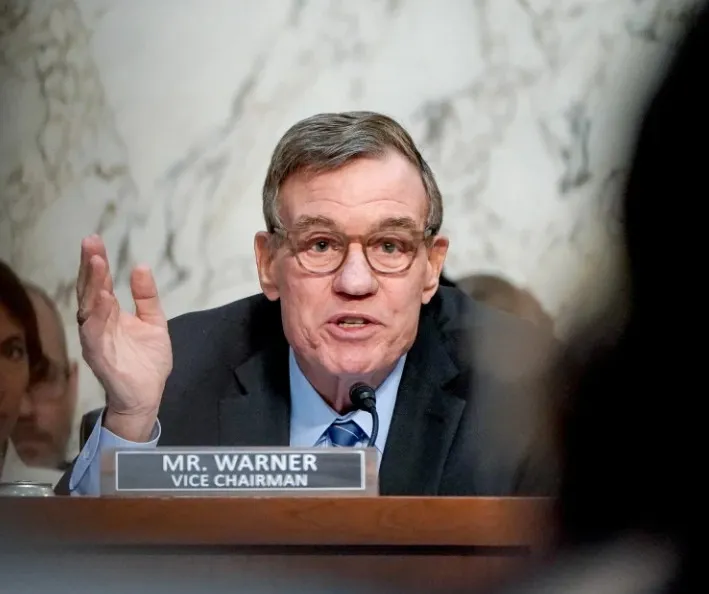May 2025 — Politics & Finance Desk — In a landmark move for digital currency oversight, the U.S. Senate voted 66–32 on Monday to advance the GENIUS Act, a bipartisan bill that would establish the first comprehensive regulatory framework for stablecoins.
🏛️ What Is the GENIUS Act?
The GENIUS Act (Government-Enforced Network for Issuer and Utility Supervision) is designed to regulate stablecoins — digital tokens pegged to fiat currencies like the U.S. dollar — and set standards for their issuers, reserves, and risk disclosures.
The bill would:
- Require stablecoin issuers to register with federal agencies
- Mandate full reserve backing and transparency
- Establish consumer protections and fraud prevention mechanisms
🗳️ A Bipartisan Shift
Just two weeks ago, the measure was blocked by Senate Democrats. But Monday’s procedural vote showed a significant shift:
- 66 Senators voted to advance the bill
- 16 Democrats joined most Republicans in support
- 2 Republicans — Rand Paul (KY) and Jerry Moran (KS) — voted against it
The sudden momentum suggests growing consensus on the need for crypto oversight amid rising adoption and volatility in the sector.
💬 What Lawmakers Are Saying
“This is about protecting consumers and creating a stable environment for innovation,” said Sen. Cynthia Lummis (R-WY), a key sponsor.
“We cannot let crypto remain the Wild West,” added Sen. Kirsten Gillibrand (D-NY), who flipped her position to vote yes.
Opponents argue the bill may stifle decentralized innovation or overextend federal authority, especially over non-custodial wallets.
🌐 Why Stablecoins Matter
Stablecoins serve as digital cash equivalents used for:
- Trading on crypto exchanges
- Cross-border payments
- Financial innovation in decentralized finance (DeFi)
They are also seen as a key stepping stone toward future central bank digital currencies (CBDCs).
With billions of dollars flowing through stablecoin systems daily, regulation has become a top priority for U.S. lawmakers.
🧭 What’s Next?
The GENIUS Act must now pass a final Senate vote, expected within the next two weeks, before heading to the House. If passed into law, it would make the U.S. one of the first major economies to fully regulate stablecoin issuance.
Observers expect lobbying from both the crypto industry and banking sector to intensify as the bill moves forward.
Final Thoughts
With the advancement of the GENIUS Act, Washington is taking its biggest step yet toward regulating the rapidly evolving crypto landscape. The bipartisan support signals a shift in how lawmakers view digital assets — not just as speculative tools, but as systemically important components of the future financial system.
By ✍️ Tammy Castillo - MicuPost Team
Sources:



